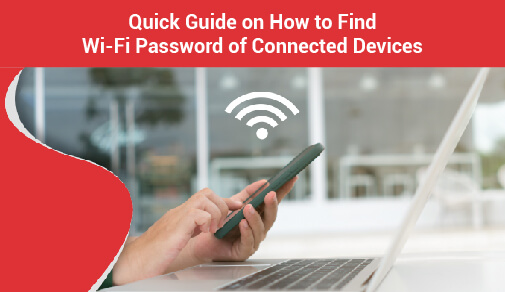Tips to Get High Speed Internet connection in Rural Areas
-
3
-
-
4 minutes

Are you tired of slow and unreliable internet connections in rural areas? Do you often find yourself struggling to stream videos or download important files due to poor internet speed? If so, you're not alone. Many people living in remote or rural areas face challenges when it comes to accessing high-speed internet. Developing internet infrastructure in rural areas also presents a number of logistical challenges. The process can be laborious and time-consuming because of the great distances between villages, remote sites, and the requirement for specialised staff and equipment.
However, there are ways to improve your internet speed and ensure a reliable connection even in the most remote locations. In this article, we will discuss some tips to help you get a high-speed internet connection in remote areas.
Why You Need High Speed Internet in Rural Areas
In today's digital age, having access to high-speed internet in rural areas is essential for various reasons. Whether you work from home, attend online classes, or simply want to stay connected with friends and family, a fast and reliable internet connection in remote areas is crucial. Slow internet speeds can be frustrating and can hinder your productivity. With a high-speed internet connection, you can enjoy seamless streaming, fast downloads, and smooth video calls, regardless of your location. In order to close the digital divide and give rural people access to job possibilities, schooling, and increased digital competence, it is imperative that fiber internet connectivity be extended to these areas by rural high speed internet providers. Leading the way in India, ACT Fibernet collaborates diligently with local authorities and leaders of the community on a daily basis to build a more just and equitable digital environment for everybody.
How to Get Internet in Remote Areas
Getting the internet in remote areas can be challenging for rural high speed internet providers, but it is not impossible. Here are some ways to access the internet in rural locations:
Satellite Internet: Satellite internet is one of the most popular options for rural areas. It uses satellite dishes to connect you to the internet, allowing you to access high-speed internet even in remote locations.
Fixed Wireless: Fixed wireless internet uses radio signals to provide internet access to rural areas. This is a cost-effective and reliable option for those living in remote locations.
Mobile Hotspot: If you have good cellular coverage in your area, you can use a mobile hotspot to access the internet. Many mobile carriers offer unlimited data plans that allow you to stay connected wherever you go.
How to Improve Internet Speed in Rural Areas
Once you have an internet connection in rural areas, there are several ways to improve your internet speed:
Upgrade Your Equipment: One of the first steps you can take to improve your internet speed in rural areas is to invest in a high-quality router. A reliable router can help strengthen your Wi-Fi signal and provide better coverage throughout your home or property. Look for routers that offer dual-band or tri-band technology, as these can help reduce interference and congestion on your network.
Optimise Your Wi-Fi Network: The placement of your router can also have a significant impact on your internet speed. Make sure to position your router in a central location in your home, away from obstructions and electronic devices that can interfere with the signal. Elevating your router off the ground and positioning its antennas vertically can also help improve signal strength and coverage.
Update Your Firmware Regularly: To ensure optimal performance, it's crucial to update your router's firmware regularly. Firmware updates often include bug fixes, security patches, and performance enhancements that can improve your internet speed and overall connectivity. Check your router manufacturer's website for instructions on how to update your firmware.
Consider Using a Wi-Fi Extender or Mesh Network: If you have a large home or property, a single router may not provide sufficient coverage for all areas. In this case, consider using a Wi-Fi extender or setting up a mesh network to extend your Wi-Fi signal throughout your space. These devices can help eliminate dead zones and improve internet speed in hard-to-reach areas.
Factors to Consider When Choosing a Rural Internet Provider
When selecting a rural internet provider, there are a few key factors to consider:
Speed and Reliability: Choose a provider that offers high-speed internet with reliable connections.
Data Caps: Check for any data caps or restrictions that may limit your internet usage.
Cost: Compare prices and packages to find the best deal for your budget.
Customer Service: Look for a provider that offers excellent customer service and technical support.
In conclusion, getting a high-speed internet connection in rural areas is possible with the right approach. By considering your options, optimising your network, and choosing the right internet provider, you can enjoy fast and reliable internet access wherever you are. Don't let slow internet speeds hold you back - follow these tips to stay connected and productive in even the most remote locations.







